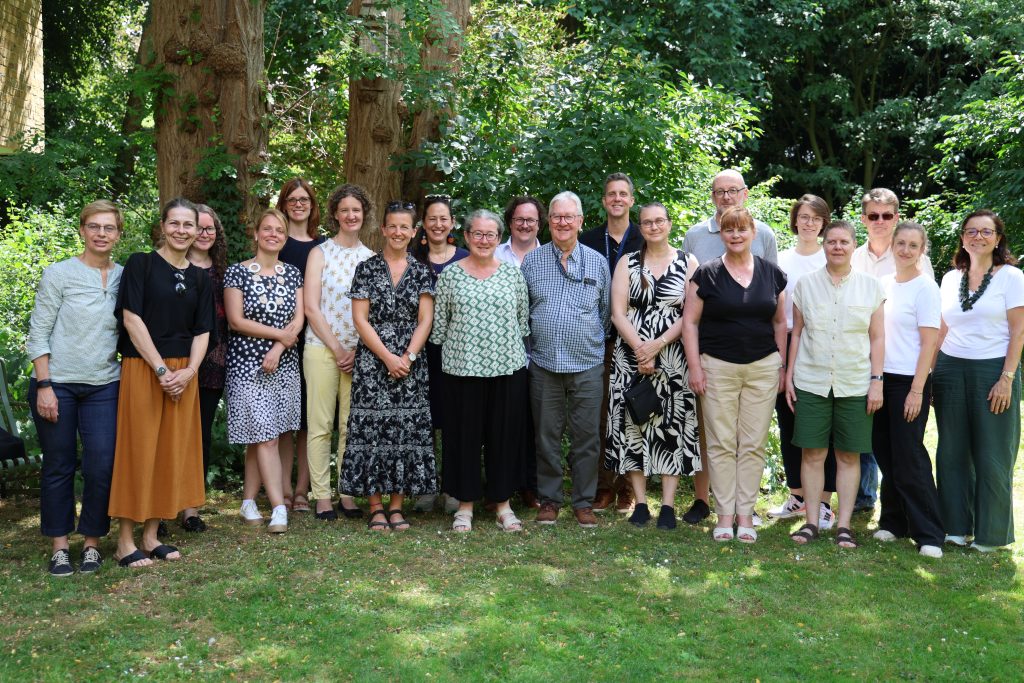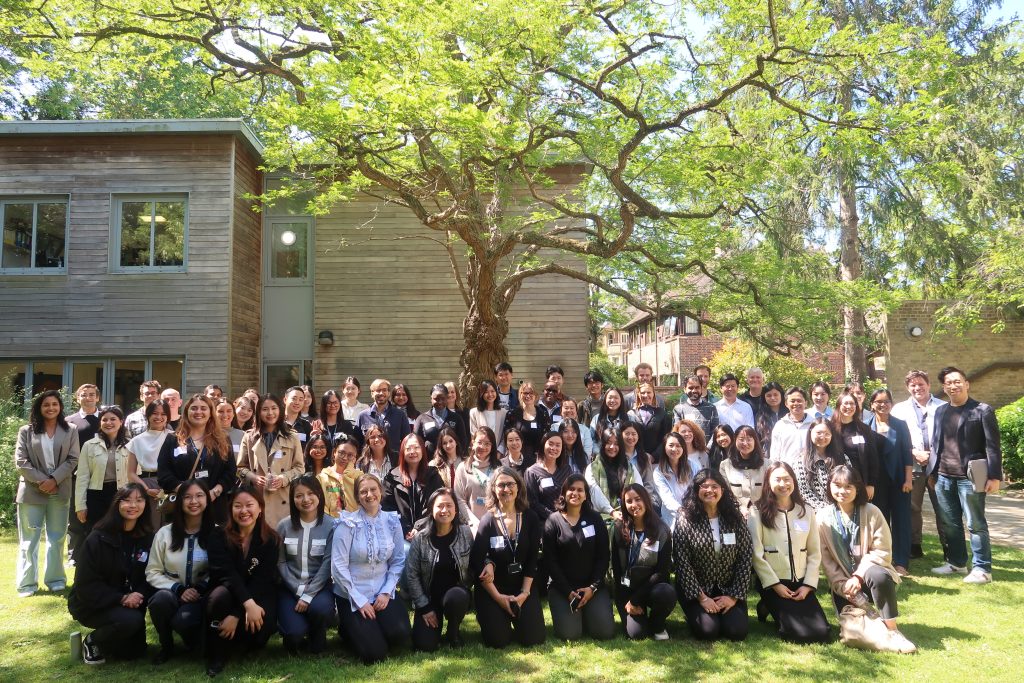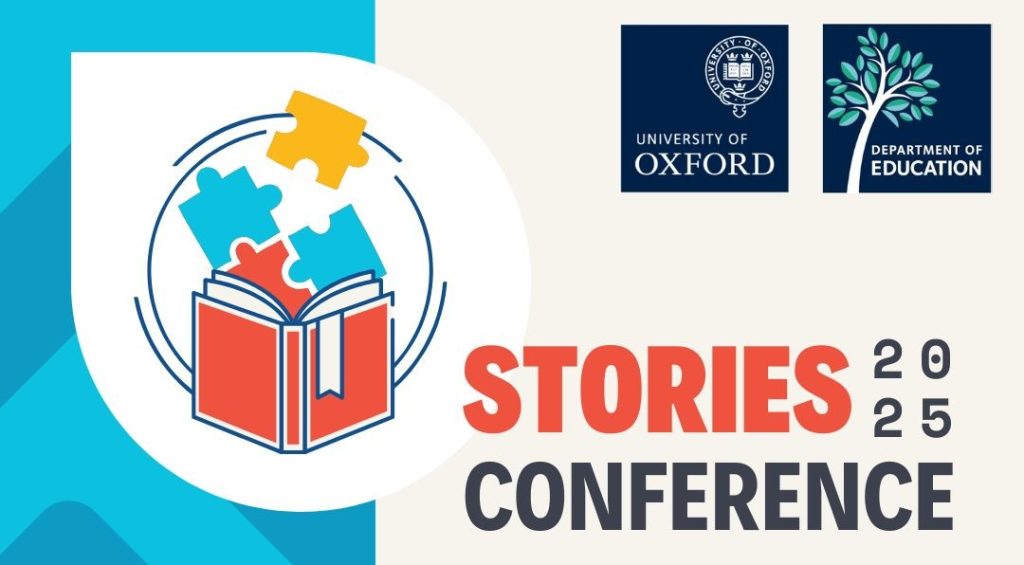
The future of teachers’ professional lives in the digital age: The case of “Teacher Tapp”
Dr. Jo Bjørkli Helgetun discusses teaching in the digital age in this blog about his research into the teacher professionalisation app Teacher Tapp.
Teacher Tapp is a smart-phone app developed by the company Education Intelligence in June 2017, after originating as a Nesta and Gatsby foundation funded research project. The app migrated to the publicly funded higher education institution Arteveldehogeschool in Flanders, the Netherlands by the summer of 2020 where it is run on a licence from Education Intelligence. The app claims to be a voice for the teaching profession, a research tool, and a teachers’ professional development device. They do so through daily surveys of teachers where the results are available in the app the next day, as well as through the promotion of blogs through their “daily reads”. The app currently has close to 10,000 daily users in England and 2,000 daily users in Flanders, and its data has been cited in policy documents and parliamentary debates.
On the surface, the app is a neat package that functions the same way in England and Flanders and provides a form of professional voice-by-vote to its users. However, as we move beyond the app’s graphical interface, we start to see that the data streams take on multiple forms¹ with implications for our understanding of the teaching professions and the future of teachers’ professional lives in the digital age. These differences manifest in different spaces such as between England and Flanders, or between fora such as social media, blogs, policy documents, or parliamentary debates.
For example, there appears to be a great difference between England and Flanders in regards to the place of profit (and private entities in general) in education. In England, Education Intelligence sells a range of products such as the possibility to ask questions in the app or to have them conduct in-depth analysis based on data from the app. By contrast, this is not possible in Flanders as it would be seen as unethical. Instead, all questions are asked by researchers at Artevelde (users can suggest questions), and the data is only analysed by them for their use. This has led to something of a conundrum, where even though Education Intelligence can be said to offer a pay-to-speak model, they at least provide some recourse for people to influence what is on the agenda in the Teacher Tapp app that is not present in Flanders. Indeed, much resistance in Flanders towards the app by researchers seem to centre on this lack of opportunity for others to ask questions on the app. Moreover, there has been much general scepticism about the validity of the approach and even the place of such direct democracy (type of teachers’ voice) in a society historically characterised by social dialogue between unions, the state, and school organisations in the so-called “pillared society” of Belgium. Such dialogue is completely absent in England, where teachers and researchers in education alike often feel they are shouting at a wall as their voices go unheard.
Meanwhile, the fit of Teacher Tapp in the existing “evidence”-based paradigm in education policymaking in England is evident. For example, data from Teacher Tapp has been referenced four times in parliamentary debates to either defend or attack government policy, where the source of data seems arbitrary and the method of delivery follows well established practices of reading short numbers-centred sound bites from a prepared list of answers. Moreover, when cited in the white paper “Opportunity for all: Strong schools with great teachers for your child” the discourse centred on too many primary teachers having to do their own planning (a failure of schools) and was used to set up new policy goals. The policy as presented in the paper did not come from a deeper study with much scientific rigour, and the question was a minor point in a Teacher Tapp blog that was focused primarily on phonics, but it is a classic example of policymakers shoehorning in numbers that fit the narrative. Unsurprisingly, the reported main problem in regards to planning – a lack of time – was ignored in the white paper.
Interestingly, the data as presented in the cited Education Intelligence blog’s text had also undergone a transformation in relation to the raw data (which was also presented), because they employed their own discourse. These results were themselves weighted, meaning they differed from the results shown in the apps graphical interface. This illustrates how data can be presented in different forms as it moves from a mobile app into a blog and/or a policy document.
These observations, and others², arguably reveal a range of things. Firstly, as new technology is created and spreads across different borders in our ever-globalising world, they take on new forms and are received differently based on pre-existing local structure and cultures. Secondly, we note the many different logics regarding what is permissible in education, as well as how teachers are to be able to speak up, between such close places as Flanders and England. Thirdly, as voice becomes quantified and turned into “evidence” it takes on a life of its own as the data streams flowing from an initial 3-5 questions are transformed to take on different meanings across contexts such as Twitter, policy document, or political discussion.
As such, the notion of Teacher Tapp as a new form of voice for teachers raises important questions as to what is a professional voice, how can one speak up in relation to one’s professional life, and does Teacher Tapp fit into the ongoing digital revolution where data is increasingly fed into algorithms and forms of AI with unknown consequences. The computer knows (or pretends to know) more about us than we ourselves do. So in the end who does the speaking? The teacher who answers the survey? Education Intelligence or Arteveldehogeschool who formulate the questions and conduct cross-analysis between a range of data sources? Someone else who obtains the data from the app, Twitter, or by purchasing it from Education Intelligence and then running it through a form of AI-based analysis to determine what teachers actually want? What about the voice of the 1.1 million teachers who do not use an app like Teacher Tapp? We hope to be able to answer some of these questions through our study. Our first paper titled “One thing can be more than one thing: A comparative study of the teacher professionalization app ‘TeacherTapp’” is currently under review for publication.
Some links to further reading:
The website for Education Intelligence can be found at: www.teachertapp.co.uk
The website dedicated to Teacher Tapp at Arteveldehogeschool can be found at: https://sites.arteveldehogeschool.be/deleraandenkt/
For an overview of the company Education Intelligence see https://find-and-update.company-information.service.gov.uk/company/10825354/filing-history?page=2
¹ In more technical terms these “forms“ are what in Science and Technology Studies parlanse are called multiple enactments
² Due to space limitations in this blog, many examples are left out. However, publications are under review that further demonstrate the points raised in this blog.










